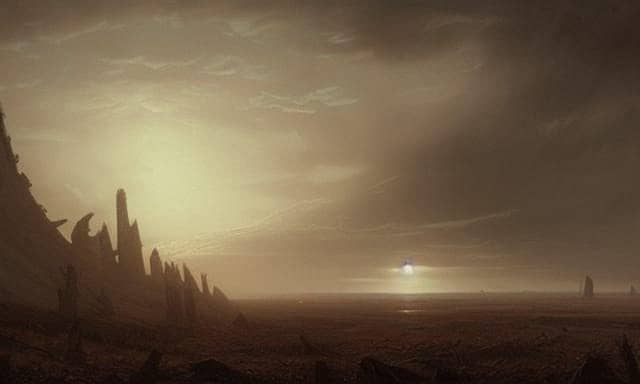Is Lord of the Flies dystopian? William Golding’s Lord of the Flies is often discussed for its dark themes and portrayal of human nature. Many readers wonder if it fits into the dystopian genre. In this article, we’ll explore whether Lord of the Flies can be considered a dystopian novel and what makes it fit, or not fit, into this category.
Is Lord of the Flies dystopian?
Lord of the Flies can definitely be considered a dystopian novel. In a dystopia, society is often shown at its worst, with order breaking down and people revealing their darkest sides. That’s exactly what happens in this story. The boys, stranded on a deserted island without any adults or rules, quickly lose their sense of civilization and descend into chaos and violence.
The novel explores the worst aspects of human nature. As Golding writes,
“Ralph wept for the end of innocence, the darkness of man’s heart…”
Another quote that shows the breakdown of order is when Piggy says:
“What are we? Humans? Or animals? Or savages?”
Without laws or adult guidance, the boys become corrupt and violent, showing how easily civilization can fall apart. The island becomes a nightmarish society—one where fear and savagery rule. This makes Lord of the Flies a classic example of dystopian fiction, revealing what can happen when people are left unchecked by law and order.
What are the dystopian features of Lord of the Flies?
The dystopian features of Lord of the Flies include the boys being hungry, dirty, afraid of an unnamed beast, and ruled by an increasingly cruel leader.
What classifies a book as dystopian?
A book is classified as dystopian if it is set in a society that is extremely oppressive and frightening.
How do I know if a story is dystopian?
You can tell a story is dystopian if it has features like:
- A major event changed the world and created a new, harsh society.
- War—past, present, or looming—is central to the story.
- There are ruthless revolutionary or resistance groups.
- There’s usually a main character who stands out and questions how things are.
- Some parts of the story feel uncomfortably similar to real life.
- Characters have to choose sides between rebellion and compliance.
- Society is strictly organized or divided (like factions or classes).
- An elite group has all the power and resources, while others suffer.
- The hero often loses faith because of betrayal or suffering.
- The book usually ends with a shocking twist that makes you think.
If you see several of these elements in a story, it’s likely dystopian.
Conclusion
In conclusion, Lord of the Flies can be considered a dystopian novel because it shows how quickly society can break down and reveal the darkest parts of human nature when there are no rules or order.
